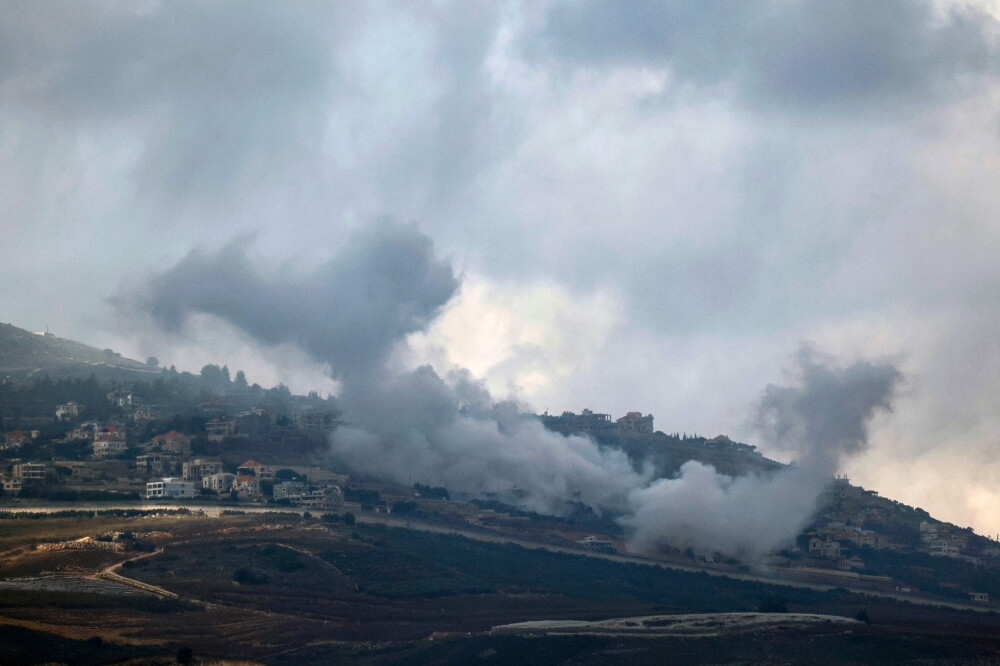Questions arise regarding the decision the government will make in Friday’s session, whether it will only listen to the army’s plan to withdraw weapons and postpone its implementation, or if in case the Shiite ministers withdraw, will the controversial decisions issued in the August 5 and 7 sessions be repeated in their absence?
Sources from the “March 8 Alliance” consider that those who made the two decisions might not hesitate to follow them with a third decision, even if it leads to destruction. Government sources confirm their commitment to building a state and not retreating from the decision of weapon exclusivity, which enforces the oath speech, ministerial statement, and the Taif Agreement.
However, reliable information to “Al Joumhouria” confirms that the stance of the decision-making team has changed after the fall of the American paper and the complete disregard of Lebanon’s demands to compel Israel to stop its attacks, withdraw from occupied territories, and release prisoners, causing hesitation in taking any complementary steps.
A senior official said that the promises made before the two decisions were completely empty, as they took steps and agreed to the American paper despite objections from a significant Lebanese faction, leading to internal political and constitutional disagreements. Despite all this, they gained nothing; the American who promised to pressure Israel did not keep his word but sent Lindsey Graham to cause turmoil and Tom Barrack from Israel with the condition to withdraw Hezbollah’s weapons, then see what can be requested from Israel later.
The official added: “How can we continue on this path? We committed to everything but saw no commitment in return. We are embarrassed and left in the middle of a risky path, not knowing whether to retreat or advance.”
Regarding whether an agreement can be reached in Friday’s session, a political reference said that it is not yet confirmed if the cabinet session will be held with all its members, though the participation of the March 8 ministers is very likely after an addendum to the session. However, he sees no solution or desire for easing tensions; rather, the majority of the government pushes for escalation and repeating decisions in the absence of the Shiite ministers.
He added that some in their team do not want to repeat this but want to contain the problem, believing that repetition means deepening the problem leading to confrontation. In any case, there is a clear exit from this deadlock, especially after the fall of the American paper and new Israeli conditions, which frees Lebanon from any commitments or decisions that might cause tensions and problems.













Recommended for you
Exhibition City Completes About 80% of Preparations for the Damascus International Fair Launch
Talib Al-Rifai Chronicles Kuwaiti Art Heritage in "Doukhi.. Tasaseem Al-Saba"
Egypt Post: We Have Over 10 Million Customers in Savings Accounts and Offer Daily, Monthly, and Annual Returns
Unified Admission Applications Start Tuesday with 640 Students to be Accepted in Medicine
His Highness Sheikh Isa bin Salman bin Hamad Al Khalifa Receives the United States Ambassador to the Kingdom of Bahrain
Al-Jaghbeer: The Industrial Sector Leads Economic Growth